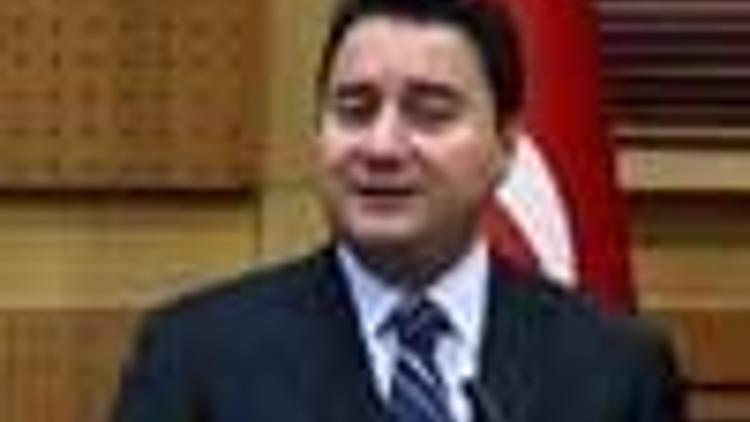Hope in Iraq-Turkey relations up, dimming at home amid tension
Güncelleme Tarihi:

The region around the Iraqi-Turkey border becomes a dizzying dichotomy of political fortune as the ruling Justice and Development Party (AKP) government finds encouraging signs of progress in northern Iraq but is confronted by disturbing unrest among its own citizens.
Across the border, however, it finds itself back-footed on the domestic front, with deadly street protests in the east and aggressive attacks from the pro-Kurdish Democratic Society Party (DTP) taking their political toll.
Foreign Minister Ali Babacan, speaking to private NTV news channel on Tuesday, said the government was in the process of intensifying contact with the northern Iraqi Kurdish administration, but added the contacts – face-to-face and telephone conversations – would be conducted in a low-key manner.
The Turkish efforts to establish a dialogue with the Iraqi Kurdish administration drew a positive response from the
"Whatever is needed to bring
The intensified diplomatic efforts come at a time when the government is on the defensive, with opposition parties, and especially the DTP, aggressively attacking its policies.
TENSION HIGH�
Tensions remain high in southeastern
Only a day after Prime Minister Tayyip Erdogan was greeted with street demonstrations and closed shops in protest to his visit, the leader of the DTP, Ahmet Turk, took the opportunity to slam him, arguing that the Kurdish issue was being ignored.
"The reason why there are security problems [in the east] is because the Kurdish issue is addressed not as a political problem, but as one of security," Turk said.
"Tensions rose immediately after the general elections in July, when the AKP scored successful election results from the region," the president of the Southeast Industrialists' and Businessmen's Association, Sah Ismail Bedirhanoglu told TDN. He estimated the tensions would continue until the local elections, which will be held in March 2009.
Some prominent businessmen in
Almost all shops were reopened on Tuesday. NGO representatives disagreed on the motives behind shopkeepers closing their doors.
"Not all shopkeepers closed their shops voluntarily. The price of not closing is high," Diyarbakir Crafts and Artisan' Chamber President Alican Ebedinoglu said, noting, without citing any names, the influence of threats issued by the PKK in the region, the TDN reported. He also recalled the upheaval in
President of the Diyarbakır Coordination of Turkish Union of Chambers of Engineers and Architects (TMMOB) Semih Oktay, however, denied there were any threats issued. "Word of mouth spread, people were notified of shop closures arranged to kick off on the day of the PM's visit. There were not any threats," Oktay said.
A state of emergency in the '90s gave extraordinary powers to military commanders in the southeast region. It was lifted in 2002.

